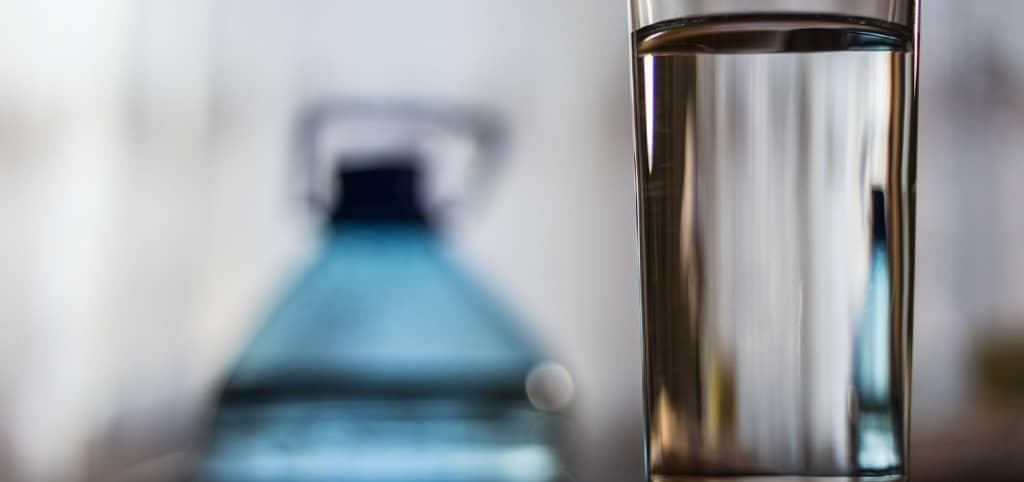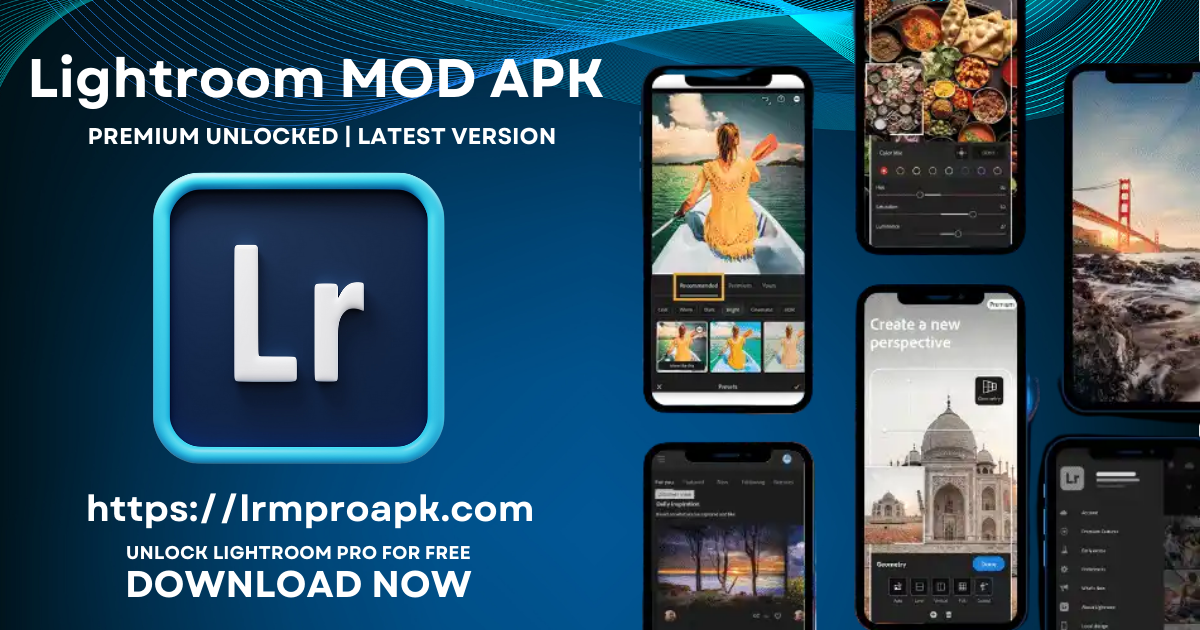Hydrogenized Water: Miracle Drink or Marketing Hype?

In the ever-evolving world of wellness trends, hydrogenized water has emerged as the latest contender promising better health through better hydration. Celebrities, athletes, and influencers alike have touted its potential to fight aging, reduce inflammation, and boost energy. But does this “super water” really live up to the claims?
Let’s dive into what hydrogenized water is, what science says, and whether it’s worth adding to your routine.
What is Hydrogenized Water?
Hydrogenized water—also called hydrogen-rich water or molecular hydrogen water—is simply regular water infused with hydrogen gas (H₂).
Though water is already made of hydrogen and oxygen (H₂O), the extra hydrogen gas in hydrogenized water is not bonded to the water molecule. Instead, it's dissolved, like bubbles in sparkling water. The idea is that when you drink it, this molecular hydrogen can act as an antioxidant inside the body.
What Are the Claimed Benefits?
Proponents of hydrogen water make several bold claims, including:
· Powerful antioxidant effects
· Reduced inflammation
· Improved recovery after workouts
· Slower aging process
· Better skin and energy levels
Some of these claims are based on early scientific studies that suggest hydrogen may help neutralize free radicals and reduce oxidative stress. A few small-scale clinical trials have shown potential benefits in people with metabolic syndrome, rheumatoid arthritis, and even some neurological conditions.
However, these studies are often limited in size and scope—and many have not been replicated or peer-reviewed on a large scale.
What Does the Research Actually Say?
While lab studies and early trials are promising, there is not yet enough high-quality clinical evidence to support the widespread health claims being made.
Here’s a quick summary of what science currently supports:
· Antioxidant potential? Possibly, yes—but effects may be mild.
· Workout recovery? Some athletes report feeling less fatigue, but results are mixed.
· Chronic illness support? Still under investigation—early signs are not conclusive.
In short: more research is needed before doctors and scientists can fully endorse hydrogenized water as a therapeutic tool.
Is It Safe?
Yes, hydrogenized water is generally considered safe to drink. Hydrogen gas is non-toxic, and the amounts used in these waters are low. That said, there’s no guarantee that it will do anything beyond hydrating you—just like regular water does.
Is It Worth the Cost?
That depends on your expectations and budget. Hydrogen water isn’t cheap. Bottles can cost 2–5 times more than standard bottled water, and home machines can run into the hundreds of dollars.
Plus, hydrogen is a light, unstable gas. If the bottle isn’t properly sealed or you wait too long to drink it, the hydrogen may escape—leaving you with nothing but overpriced water.
Bottom Line: Should You Try It?
Hydrogenized water is a fascinating concept, and the early science is worth watching. But for now, it falls into the category of “promising but unproven.”
If you enjoy trying the latest wellness products and don’t mind the price, give it a shot. But don’t expect it to be a miracle drink—and don’t skip out on the fundamentals: a balanced diet, regular exercise, good sleep, and staying hydrated (with plain water, if nothing else).






